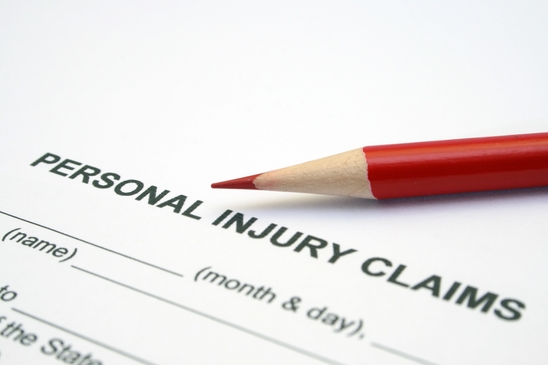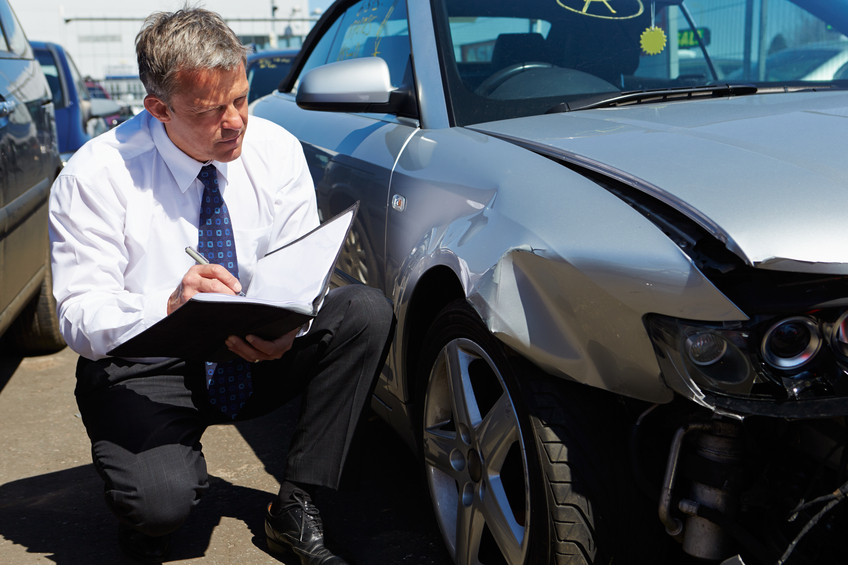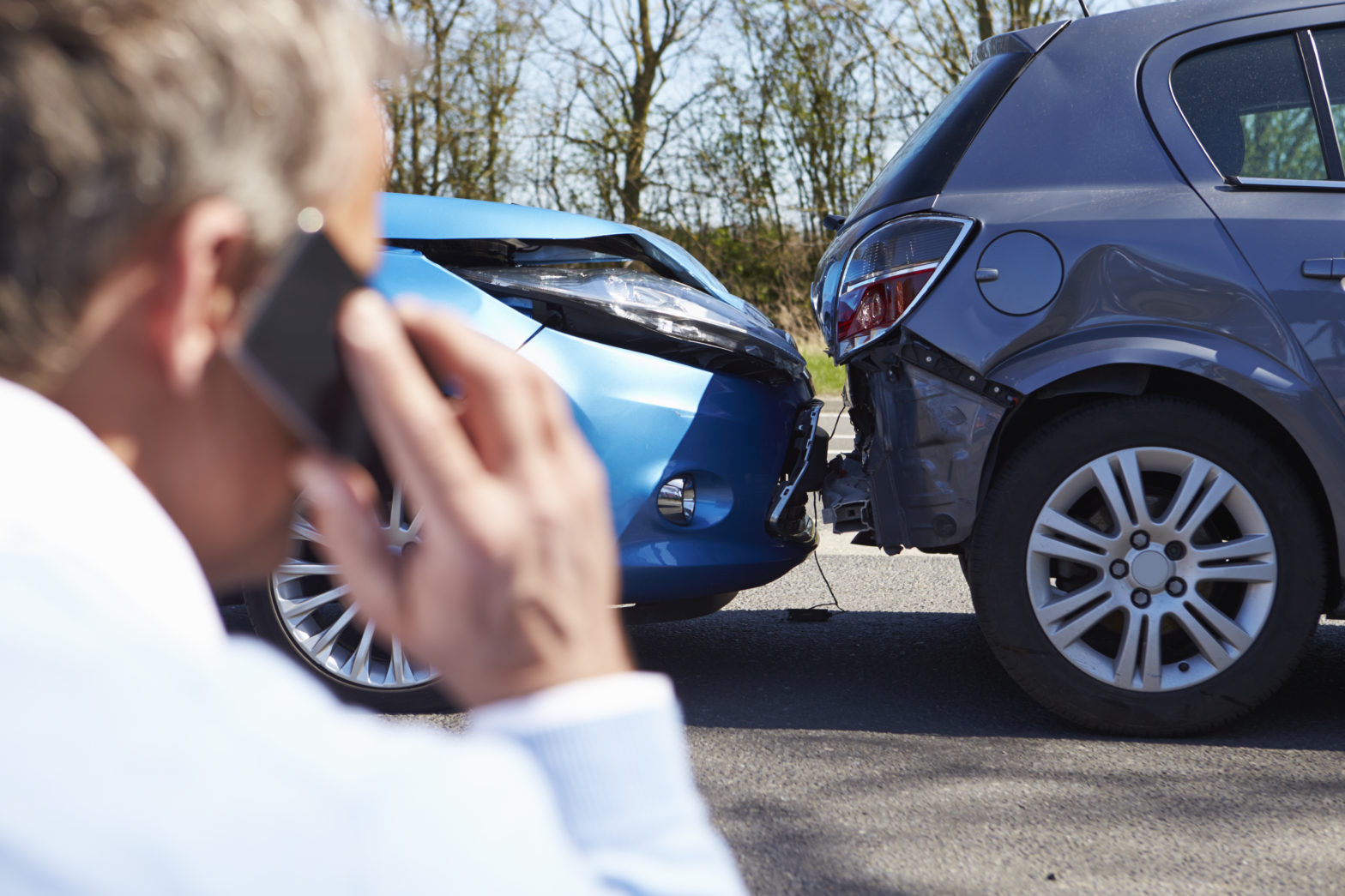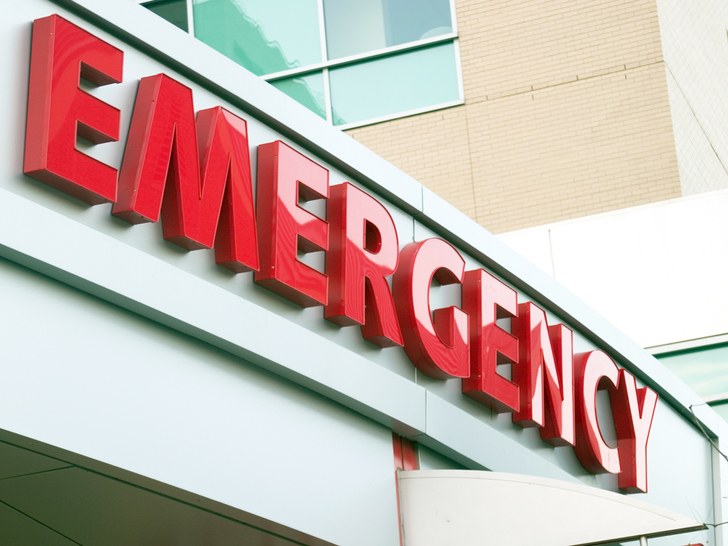1. No lawyer will ever know your case better than you do
2. Only you can know the extent of loss and suffering
3. No one is going to fight harder for your case than you
4. You can give your case top priority regardless of how big or small it may be
5. You won’t have to worry about working with an incompetent or dishonest person
6. You know that your best interest will be top concern
7. The middleman is cut out and you won’t have to wait on back and forth communication
8. Delay tactics of lawyers are no longer
9. You won’t have to worry about being stuck in a non-working relationship
10. You don’t have to pay any attorney fees!!!!!
Tag: Accident
How to Communicate with an Insurance Adjuster After a Auto Accident
If you chose not to continue to deal with an insurance adjuster on your own and not get a lawyer, you have a couple of resources to resort to:
(1) Call their manager directly. Don’t just say you will call them or threaten with this, because words will NOT help you much. Speak with action. Call the manager and ask him/her to call you back on their office’s expense. Discussing the situation with the manager will upset your adjuster, which will probably NOT help much, but let’s face – they will continue to treat you in this way, so at least for now you will have the upper hand.
(2) Described your situation in a brief 1-2 page complaint and submit to your State Insurance Commissioner’s Office. While they cannot pressure your insurance for a settlement, they are obligated by law to register your complaint, contact you back and force the manager of your insurance’s local office to contact you and discuss your case. Again, this may not help you much, but it does help public records. If every mistreated customer files a complaint, the insurance will eventually have to deal with the State Insurance Commissioner on a higher level.
What Type of Doctor Should I See After A Minor Accident?
The first thing to do is immediately after an accident is without hesitation, go directly to the emergency room. If an ambulance is not called, then have a friend take you. If you take yourself, then the legitimacy of your physical injuries might be questioned.
While you are at the ER, be sure that you actually get to see a doctor and not just a physician assistant. If X-rays are not taken, request them without being stuck up or bossy. Also, be aware that you will be treated differently due to that most ER personal will not want to get personally involved in your case so to avoid a legal case associated with most auto accidents. So, having said this, you sometimes have to be insistent with your treatment because you may have a serious injury that could be overlooked.
The next thing to do would be to follow the recommendation of the ER physician who will more than likely tell you that if you are not feeling better within the following “x” days, you should see your personal physician.
Regardless of whether you have a personal physician you should make sure you see an MD as opposed to an OD or chiropractor whom are not taken as seriously by insurance companies. However, this is not to say that after you see an MD you cannot go to a chiropractor. If possible and you are suffering with a soft tissue damage and have intentions of going to a chiropractor, get your MD to recommend one to you so this conversation will go in your medical records. This will come in handy in the future when the insurance company attempts to say they will not pay because you are not seeing an MD or physical therapist.
What Do I Do After I Have Been In an Auto Accident?
1. Make sure you are okay. Your health is first priority.
2. Call the police so there can be an official report – remember if the wreck is honestly not your fault do not say you’re sorry or this could latter be understood as fault.
3. Take a quick picture with your phone – even if a car has come to a stop and the driver gets out they sometimes freak out and still leave the scene.
4. Exchange info making sure they are who they say they are. Ask for a drivers licence and not just take their word that they are “John Doe”. If they are illegal or a criminal at large, they don’t want you to have their real identity and may give you the name of whom the car they are driving is registered to for example. Also, if they give you a cell number, make sure you call it and it rings the phone if their possession.
5. Take more pictures. It is always funny that if you have plenty of pictures of the damages, the insurance company never needs them, but if you don’t have pictures they are all the sudden a must.
6. Stay on the scene until you are allowed to seek medical attention. It is always the best policy to get checked out just in case because of all the emotions and adrenale going through your system.
Why Do ER Doctors Overlook Injuries Associated with Car Accidents?
Most of the time, when an ER doctor knows you have been in an automobile accident they seem to keep their distance. They quickly refer back to your personal doctor (even if you tell them you don’t have one) in order to not get involved in your case. If they do not see anything majorly wrong with you such as broken bones, concussion, or obvious trauma they probably won’t even order x-rays. (TIP: ASK FOR THEM)
If they are the first doctor which is aware of your post-trauma condition, then they may be subject to being deposed or even called in to court as an expert witness of your injuries.
The easy thing is to have plausible deniability and put in their report “No obvious trauma present, minor soft tissue damage, if any pain presents past 3 days patient should contact their personal physician. Gave patient a minor pain medication.” See, the trick here for the ER doctor is to say everything is minor and sometimes they will not even report your actual words referring to any major trauma.
So if an ER doctor can refer you, then they are referring a potential problem or potential lawsuit. Because there are so many scam artists who will claim an injury when there is not, doctors are becoming very wary as to say that a wreck is a direct cause to a current condition. And if your injury is only a short-tissue injury or whiplash type one, then they will more than likely chose to stay away from direct treatment or any recommendations.
Even though you are probably right that an ER doctor is going to be a waist of time and money, you still need to go see them to be on the safe side as well as for documentation purposes.
What to Do After a Car Wreck, Even If It Was a Minor Accident?
If you are in a car wreck, even if it is a minor accident:
(1) Call 911 immediately if you can. If you cannot, have someone else call them and request the police and an ambulance. You cannot be too careful.
You may think you are okay at the moment. The adrenalin rush you have experienced with the car wreck can minimize your level of pain. But the reality is you are NOT OKAY. Minor car wrecks, even at speeds of 15-25 mph cause tension in your body, which you DO NOT experience under any normal circumstances in your life. Even minor whiplash type injuries which appear insignificant can cause permit damage. Continue reading What to Do After a Car Wreck, Even If It Was a Minor Accident?
3 Reasons not to Take Medication after an Auto Accident?
FORWARD: You should always follow your doctor’s orders and the following advice is just that, advice, and not to be considered over any doctor recommendation.
If you go to the ER after a car wreck, they will probably give you some type of minor anti-inflammatory/pain reliever such as an IB Profen or Aleve. They will also send you home with some if you say you do not have any at home (of course they will charge you about $10 per pill). The reason why it is so important to take this initial medication is to relax your muscles so that your body can properly heal. (This is direct advice from ER physician). Since your body is in stress mode after the shock of an auto accident, then your muscles are tense and this tension interferes with the proper recovery of soft-tissue damage.
If your pain persists and you seek further treatment then the attending doctor will more than likely prescribe a stronger pain medication. However the following are some very important facts to be aware of concerning taking or not taking these:
1.Be advised that simply because your doctor says they are giving you a “PAIN” medication, they may perhaps be giving you an “ANTIDEPRESSENT”. Today, it is common practice to use anti-depressants as a pain medication; however this is dangerous because of the associated side effects.
2.If you do not follow your doctor’s orders and refuse to take stronger medications, then your doctor will put in his/her report that “patient refused to follow doctor’s recommendation.” They could even label you as hostile or defiant and this could be used against you when seeking a settlement offer.
3. If you chose not to take pain medications with a reasonable explanation and have sought alternatives treatments provided by your doctor, the insurance company may make the argument that you were not really in pain if you were not taking pain medication.
Top 8 Secretes of an Insurance Adjuster
I would personally hate to be an insurance adjuster. They are highly trained to get a quick settle for the least amount of money regardless of personal loss and damages.
They have many tricks up their sleeves including:
PROPERTY DAMAGES ASPECTS
1. Getting you to sign a document for the auto settlement but it is really a complete release. Meaning that they are not responsible for your personal injuries. Never sign anything in haste. Never sign any thing that says “GENERAL RELEASE”. Get a second opinion. And don’t sign it if it smells fishy.
2. They will catch you at awkward times like right before work, at the end of the office day when there is a rush to make a decision, or the day after the wreck when you are not thinking correctly.
3. They will attempt to get out of responsibility as quickly as possible and be very forceful and come close to threatening so that you will settle. Don’t worry. Slow things down as much as you would like.
4. They will use intimidating, unfamiliar legal terms so that you feel pressured to listen to them as an authority.
PERSONAL INJURY ASPECTS
5. They may indirectly attack that you are seeking treatment via a chiropractor; however they will always begin by saying something like “I can’t tell you what type of treatment to seek, but if you go to “X” type of treatment we do not guarantee coverage.
6. They will try to give you a somewhat tempting settlement before you are completing better.
7. They keep a great distance so that nothing becomes personal. They will not listen to your pain and suffering and disregard it as any part of any settlement offer.
8. The insurance adjuster may call your attending physician to negotiate your medical costs behind your back.




